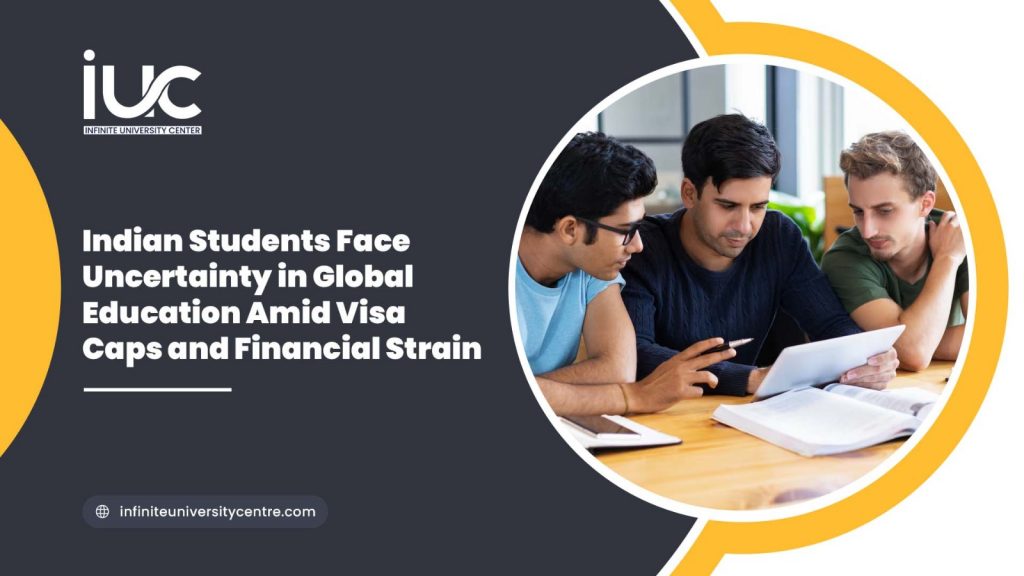The landscape of global education is undergoing significant changes, impacting Indian students seeking international degrees. Recent policy shifts in key destinations like the UK and Canada are forcing students to re-evaluate their study-abroad choices. With visa challenges, rising costs and uncertainty around post-study work opportunities, students must navigate this complex environment carefully.
India’s Rising Potential in Skill Development and New-Age Technologies
India is transforming into a hub for global tech talent, with immense opportunities for skill development in industries focused on digital transformation. Indian students can leverage this momentum to their advantage by aligning academic goals with emerging industries like AI, data science and cloud computing.
UK Visa Caps and Impact on Indian Students
The UK government’s restrictions on dependent visas are expected to lead to a 15-20% decline in postgraduate applications from India. Additionally, the increased minimum monthly maintenance funds required for UK student visas, effective January 2024, will put further financial strain on Indian students. The required monthly funds have increased by 28%, potentially deterring applicants from financially limited backgrounds.
Post-Study Work Visa Uncertainty in the UK
The UK’s Graduate Route visa, allowing up to two years of post-study work, is under review, creating uncertainty among prospective students. If this policy is restricted or eliminated, it could lead to an additional 10-15% drop in applications from India.
Financial Impact: The Grey Area of Student Loans
International education is becoming increasingly expensive, with students relying on loans. However, taking on significant debt without a clear understanding of return on investment (ROI) can lead to financial difficulties. Students must evaluate loan options carefully and explore scholarships, grants, and part-time work opportunities.
Canada’s New Restrictions: 35% Cut in Student Permits
Canada’s decision to reduce student visa approvals by 35% in 2024 is expected to severely impact Indian applicants. This restriction could lead to around 80,500 Indian students being denied study permits next year alone.
Critical Factors for Choosing UG or Master’s Programs
When selecting an international education program, students must consider factors such as:
- Return on Investment (ROI)
- Cost of living
- Placement data
- Visa rules
- Scholarships
- Alumni network
Students should be cautious about exaggerated advertisements and social media promotions. Promises of high-paying jobs and guaranteed placements are often misleading.
In today’s complex global education landscape, planning for an international degree requires careful consideration. Visa restrictions, rising costs and uncertainty around post-study work opportunities are reshaping options for Indian students. However, with a focus on skill development, practical experience and informed decision-making, students can build successful global careers. India’s growth story presents opportunities for students to navigate uncertainties and thrive in the new global economy.

